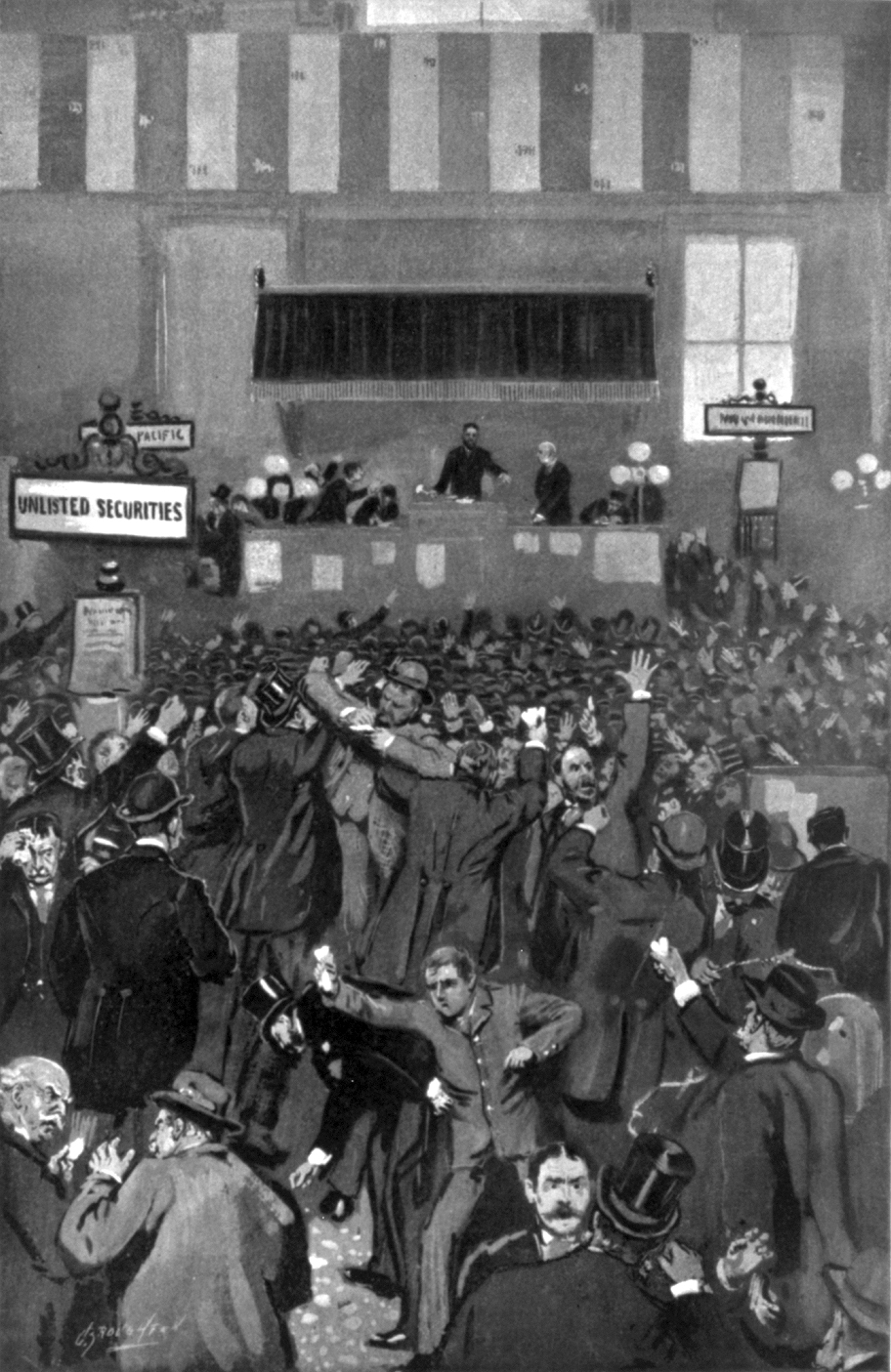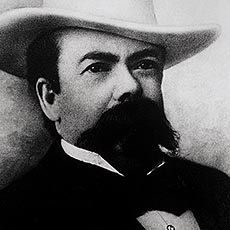The Death of Senator Zebulon Baird Vance

Senator Zebulon Baird Vance

Senator Zebulon Baird Vance
The State of Carolina is morning today following the loss of Senator Zebulon Baird Vance who had represented the State of North Carolina in the United States Senate since 1879. The Senator also served as the Governor of North Carolina twice, first in 1862-1865 and again in 1877-1879. It fell to the Governor of North Carolina Elias Carr. Being a moderate and a farmer, Governor Carr selected the respected planter Lucius Braxton Shaw as the replacement for the deceased Senator for the remainder of his term in office - which will expire in 1896.








